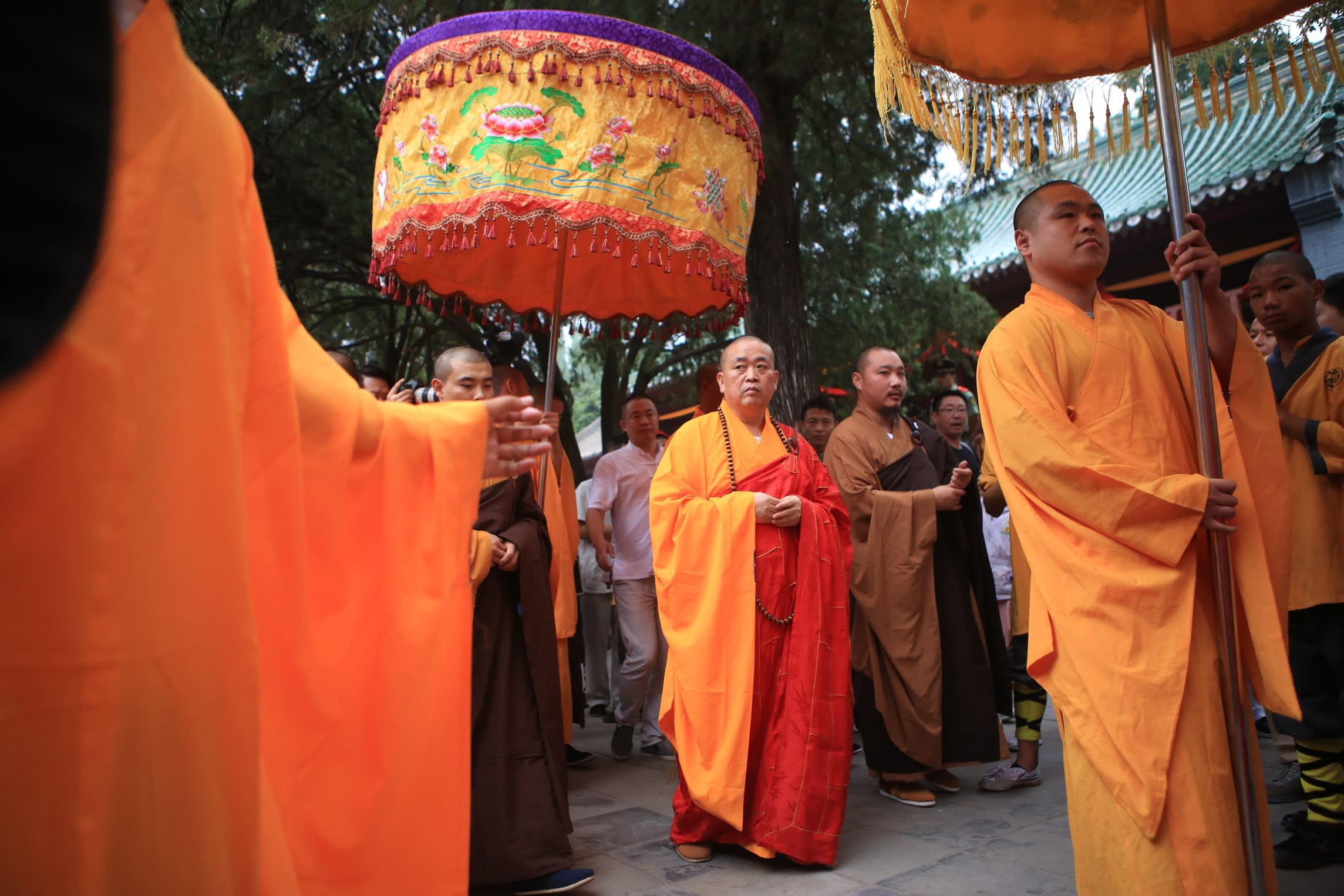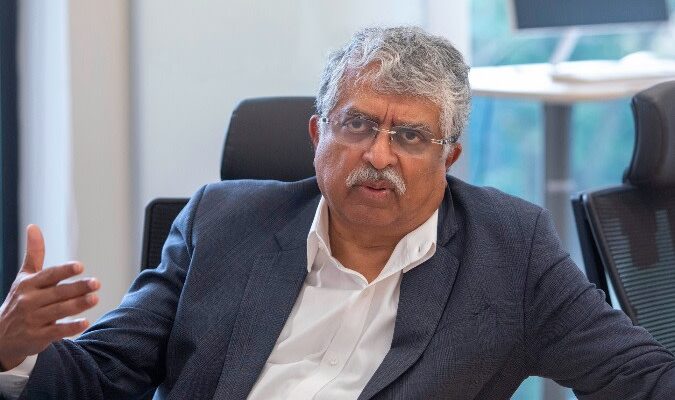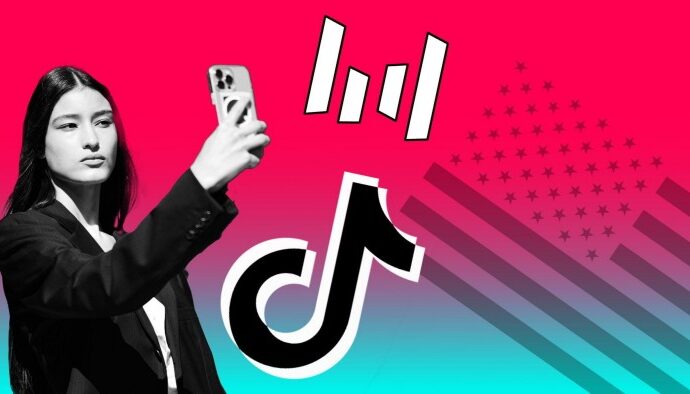China has launched a sweeping crackdown on online religion after a series of scandals in the lucrative industry — warning clergy against engaging in internet fortune-telling, using artificial intelligence for preaching and distributing short videos.
The national religious affairs administration this week unveiled a code of online conduct for religious clergy, less than two months after the country’s globally renowned Shaolin Temple revealed that its abbot was under investigation for embezzlement.
“This is an effort by the government to rein in what it views as the over-commercialisation of religious life, especially in the so-called traditional religions — Buddhism, Taoism, and folk religion,” said Ian Johnson, author of The Souls of China: The Return of Religion After Mao.
Harshly repressed under Mao Zedong’s rule, religion has boomed since the dictator’s death in 1976. The avowedly atheist Communist party maintains tight controls on practice and even dogma, but tolerates officially approved religious groups in part because of their contribution to the economy.
While only one in 10 mainland Chinese formally identify with a religion, about 40 per cent believe in deities, religious figures or ghosts, according to a paper by the Pew Research Center.
Revenue generated by China’s “temple economy” — which includes ticket income and donations as well as payment for rituals, accommodation, merchandise and digital services — is growing more than 10 per cent a year and is projected to exceed Rmb100bn ($14bn) this year, according to consultancy Meritco Group.
“New models such as digital marketing, livestreaming and cross-border ecommerce are expanding profit channels and attracting a large number of young consumers,” Meritco said. “However, its sustainable development still requires balancing commercial interests with the preservation of religious culture.”
The online code of conduct only allows preaching and religious training on websites and apps by licensed temples, churches and other religious organisations.
Otherwise, almost every type of online commercial behaviour is banned, from using short videos or livestreaming to preach or market religion to setting up groups on Chinese social media platform WeChat.
The code warns religious clergy against using artificial intelligence technology to “preach, make, publish, or disseminate illegal information”, but gave no details of such use. Taking payment online for incense burning, chanting and other activities are also banned.
“Religious clergy shall not propagate heretical cults or external Buddhist doctrines through the internet, or engage in feudal superstitious activities such as . . . divination and fortune-telling,” the rules say.
They do not mention the private use by many ordinary Chinese of artificial intelligence models such as homegrown DeepSeek for astrological readings or fortune telling.
The crackdown comes as state media reported this week that at least three individuals associated with Shi Yongxin, the Shaolin abbot whose business acumen earned him the nickname “CEO monk”, had been taken away for questioning.

Aside from embezzlement, Shi is accused of having improper relationships with multiple women and engaging in behaviour “seriously violating Buddhist precepts”.
One Shaolin monk said the code of conduct included “restrictions on promoting Buddhism”.
“This will have a very big impact. Buddhist monks will have less freedom in spreading teachings and in other activities,” said the monk, who declined to be identified.
Analysts said that one aim of the crackdown on online religion, like President Xi Jinping’s long-running purge of Communist party cadres accused of corruption, was to prevent such excesses from becoming a source of public disquiet and unrest.
Some monks are widely suspected of gathering great wealth that they and associates in local governments have accrued from promoting traditional holy sites, which attract millions of tourists and pilgrims from around the country every year.
One site, Mount Qingcheng, a mountain sacred in Taoism in western Sichuan province, contemplated a stock market initial public offering in 2023.
The company that manages the scenic area markets Taoist prayer beads and other accessories via a livestream on its account on Douyin, China’s TikTok, with the most expensive merchandise fetching more than Rmb10,000 ($1,400).
On Weibo, a Chinese microblogging platform, one popular post cited an overseas Chinese tour guide as saying that among her customers, the wealthiest were monks, who splurged on luxury hotels and spent money freely.
Another commenter replied that religion was “the only industry that makes money regardless of the state of the economy”.
There are signs that local authorities are rushing to show they are following the central government order on the code of conduct.
One local government in western Sichuan province has organised a study group on the rules involving members of the official Buddhist, Islamic and “Patriotic Catholic” associations, state media reported.
All religious venues and personnel in the area would conduct “self-examinations” and religious affairs department officials would “eliminate potential risks”, they said.
Johnson said the crackdown would probably not dramatically change religious practices, but instead force practitioners to make some adjustments to avoid prosecution.
“These top-down campaigns tend to last for a few weeks or months and a few people get thrown in jail and . . . and then it [the banned activity] tends to come back,” he said.
The main purpose for Beijing, aside from being seen to be dealing with the problem, was to demonstrate its authority. “They want to make sure that everything is firmly under party control and that nobody gets too big for their breeches,” Johnson said.


